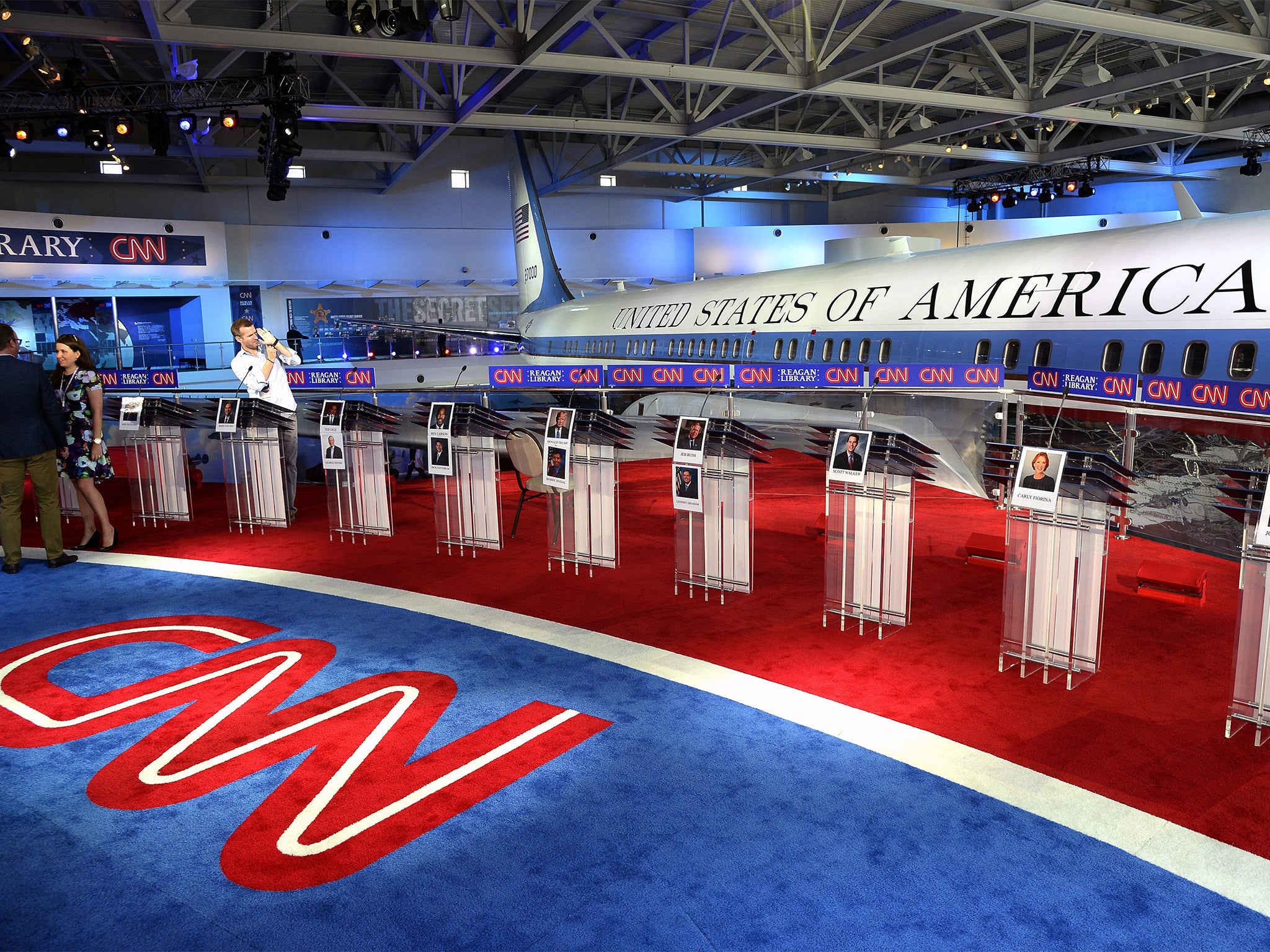Two charts that show how the US presidential election is already being skewed by the super-rich
Between them, 158 ultrawealthy families have donated almost half of all money towards the campaigns for 2016

Nearly half the money spent on US 2016 election campaigns has been put forward by just 158 families.
A tiny number of super-rich donors are responsible for $176 million (£115 million) raised in the early rounds of the presidential running, according to the New York Times.
While there are strict rules limiting the amount Republican and Democrat candidates can receive directly to spend on their own campaigns for the White House, a 2010 Supreme Court ruling means independent so-called "super-PACs" are allowed to spend unlimited amounts campaigning on their behalf.
Those pledging large amounts are required to register details with the Federal Election Commission, but many use a range of means to obfuscate their identities because of the bad press surrounding unlimited donations.
A Times investigation found that 158 families contributed at least $250,000 each in the campaign up to 30 June, with well over a year to go until the vote itself.
Combined with the 200 or so who gave more than $100,000, they account for well over half of all donations. They make up just 0.0003 per cent of the households in the US.
Not even the 1%
According to the New York Times, these voters are overwhelmingly white, older males with self-made fortunes, whose political interests run against the majority views of the wider US public.
The Times also found that, of the 158 families, just 20 donated towards Democrat candidates. The rest backed Republicans, who are more likely to support measures to reduce regulation and taxes on businesses.
The right-wing swing of the super-rich
The ultra-rich, libertarian right say that, rather than boosting their own position, they are fighting for a system which allows others to succeed as they have.
But with polls suggesting that the majority of US citizens support government intervention to reduce inequality, Center for American Progress political expert Ruy Teixeira told the Times: "The campaign finance system is now a countervailing force to the way the actual voters of the country are evolving and the policies they want."
Subscribe to Independent Premium to bookmark this article
Want to bookmark your favourite articles and stories to read or reference later? Start your Independent Premium subscription today.

Join our commenting forum
Join thought-provoking conversations, follow other Independent readers and see their replies